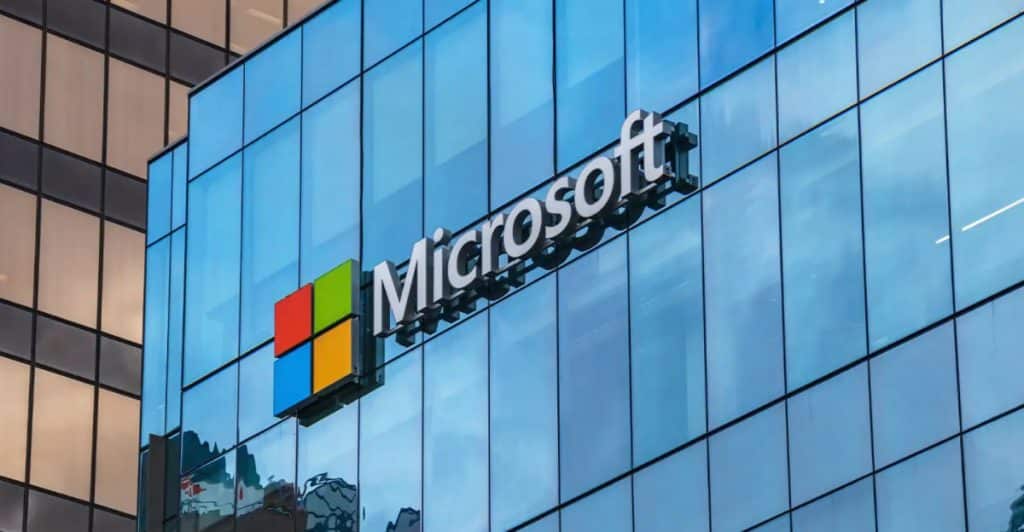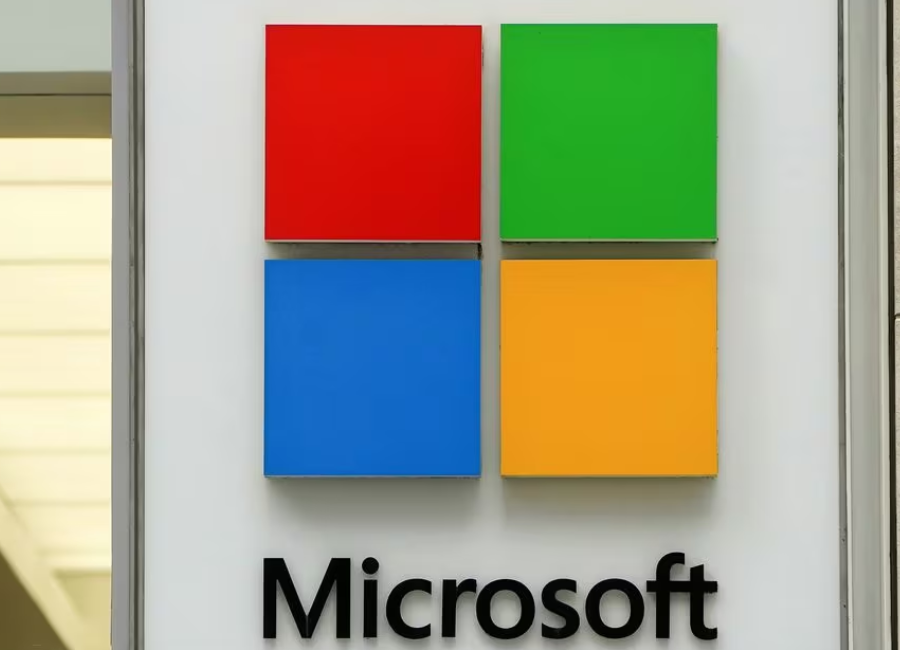Microsoft is bidding farewell to Windows Mixed Reality, marking the discontinuation of the platform. This decision was unveiled through an update to the list of deprecated Windows features, where Microsoft announced the deprecation of Windows Mixed Reality, the accompanying Mixed Reality Portal app, and Windows Mixed Reality for Steam VR.
The company officially stated that Windows Mixed Reality is now “deprecated and will be removed in a future release of Windows.” Launched in 2017, Windows Mixed Reality was Microsoft’s response to the competitive virtual reality landscape, aiming to rival industry leaders such as HTC and Oculus (now owned by Meta).
Windows Mixed Reality served as a gateway to a variety of games, applications, and immersive experiences within the virtual reality realm. Alongside Microsoft HoloLens, several other manufacturers, including Acer, Dell, Lenovo, Asus, HP, and Samsung, developed mixed reality headsets compatible with Microsoft’s platform. While Windows Mixed Reality faces discontinuation, Microsoft has assured that the enterprise-centric HoloLens 2 remains unaffected, introducing a free upgrade to Windows 11 and various enhancements earlier this year for the $3,500 headset.

Microsoft has been gradually scaling down its virtual reality division, exemplified by the departure of Alex Kipman, the head of HoloLens, due to allegations of sexual misconduct last year. Subsequently, the company underwent a workforce reduction of 10,000 jobs, impacting employees involved in Microsoft’s mixed reality projects, including the now-discontinued AltspaceVR app.
Despite these changes, Microsoft is not abandoning virtual reality entirely. The company remains committed to exploring alternative applications of VR technology, exemplified by the Microsoft Mesh app. This application facilitates virtual meetings for co-workers without the necessity of a headset. Additionally, Microsoft has initiated collaborations with Meta, allowing Quest users to access Office applications and the Xbox Cloud Gaming platform.
The move to discontinue Windows Mixed Reality reflects Microsoft’s strategic shift in the VR landscape. While some components are being phased out, the company continues to invest in and explore novel applications of virtual reality, emphasizing collaborative virtual spaces and expanding accessibility to VR content through partnerships.
As technology evolves, Microsoft appears to be adapting its focus within the VR realm, ensuring that it remains relevant and aligned with the changing landscape of virtual experiences. The discontinuation of Windows Mixed Reality signifies a chapter’s end, but it also opens doors for Microsoft to explore new avenues and innovations in the dynamic field of virtual reality.







